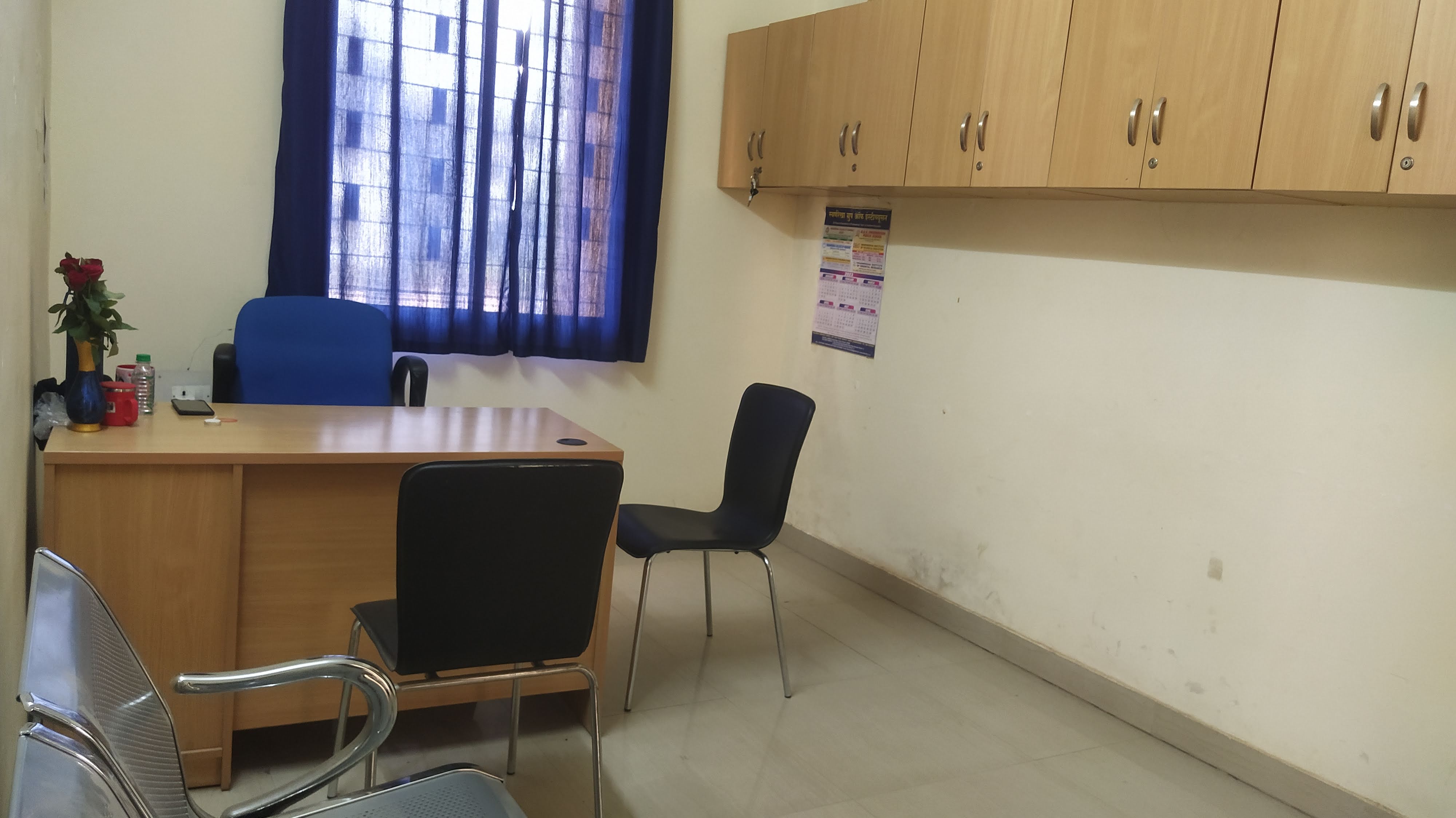A legal aid clinic in ILS is a valuable resource that provides free or low-cost legal services to individuals who cannot afford private legal representation. It serves as a platform for law students to gain practical experience while assisting the community. Here are some key aspects and components typically found in a legal aid clinic:
- Client Intake and Assessment: The clinic establishes a system for client intake, where individuals seeking legal assistance can approach the clinic to request help. The clinic staff, comprising law professors, supervising attorneys, or experienced law practitioners, assess the clients' legal needs and determine if the clinic can provide assistance.
- Legal Consultation: The clinic offers legal consultations to students, providing an opportunity for them to discuss their legal issues with law students under the guidance and supervision of faculty or practicing attorneys. Law students analyze the client's situation, research applicable laws, and provide preliminary legal advice or guidance.
- Legal Research and Case Preparation: Law students in the clinic engage in thorough legal research to analyze relevant statutes, case law, and regulations related to the client's legal matter. They prepare legal memos, draft pleadings, and develop case strategies under the supervision of faculty or legal professionals.
-
Document Drafting and Review:
In collaboration with the clients, law students draft legal documents such as contracts, wills, petitions, or other necessary paperwork. They also review and provide feedback on existing legal documents, ensuring accuracy and compliance with legal requirements.
-
Mediation and Alternative Dispute Resolution:
Some legal aid clinics offer mediation or alternative dispute resolution services, where trained law students act as mediators or facilitators to help parties in conflict reach mutually agreeable solutions outside of the courtroom. This approach promotes efficient and cost-effective resolution of disputes
-
Court Representation and Advocacy:
In certain cases, where permitted by law and under the supervision of licensed attorneys, law students may have the opportunity to represent clients in court proceedings. This can include drafting pleadings, conducting legal research, presenting arguments, and advocating for clients' rights and interests.
- Community Legal Education: Legal aid clinics often conduct outreach programs and workshops to educate the community on various legal topics, rights, and responsibilities. These initiatives aim to empower individuals with legal knowledge and awareness, promoting access to justice and preventive legal measures.

- Collaboration with Legal Organizations: Legal aid clinics may collaborate with external legal organizations, non-profit entities, or pro bono networks to expand their reach and resources. Partnerships with local legal service providers can enhance the clinic's capacity to serve a broader range of clients and address complex legal issues.
- Pro Bono Initiatives: Apart from assisting individual clients, legal aid clinics encourage law students and faculty to engage in pro bono work. This involves volunteering for community legal clinics, participating in public interest projects, or contributing to legal research and policy development in areas of social importance.
- Confidentiality and Ethical Standards: Legal aid clinics adhere to strict ethical guidelines to protect client confidentiality and maintain the highest professional standards. Law students and clinic staff are trained to maintain the privacy and confidentiality of client information.
